Here's what I got up to at the Kilkenomics festival
Kilkenomics is a quirky and eccentric festival in Kilkenny, Ireland, where comedy meets economics. Dominic Frisby explains how it works, and why it is so inspiring.

Get the latest financial news, insights and expert analysis from our award-winning MoneyWeek team, to help you understand what really matters when it comes to your finances.
You are now subscribed
Your newsletter sign-up was successful
Want to add more newsletters?

Twice daily
MoneyWeek
Get the latest financial news, insights and expert analysis from our award-winning MoneyWeek team, to help you understand what really matters when it comes to your finances.

Four times a week
Look After My Bills
Sign up to our free money-saving newsletter, filled with the latest news and expert advice to help you find the best tips and deals for managing your bills. Start saving today!

Last weekend I attended Kilkenomics, the festival in Ireland where comedy meets economics.
I thought I'd talk about my weekend there in today's Money Morning.
Kilkenny and the Magna Carta
Kilkenny is a picturesque town in the south of Ireland, about a couple of hours' drive inland to the south-west of Dublin.
MoneyWeek
Subscribe to MoneyWeek today and get your first six magazine issues absolutely FREE

Sign up to Money Morning
Don't miss the latest investment and personal finances news, market analysis, plus money-saving tips with our free twice-daily newsletter
Don't miss the latest investment and personal finances news, market analysis, plus money-saving tips with our free twice-daily newsletter
Like many a medieval town, built long before town planners and their bland uniformity took hold of architecture, it has a beautiful, yet higgledy-piggledy quality to it quirky buildings of all sorts of different shapes and sizes, painted myriad colours; back alleys and meandering side streets, many of them too narrow for modern day traffic; hundreds of tiny pubs (it was a brewing centre from the 17th century on), boutiques and shops so specialist you wonder how it is they're still in business.
At the middle of it all is a river the River Nore crossed by lots of dinky bridges, and a castle, built by the Normans who ruled here back in the Middle Ages. The castle is quite something, and I think my discovery of the weekend was that it was built by William Marshal.
Fans of my new book, Daylight Robbery, will know that William the Marshal, as he was known to his contemporaries, was "the best knight that ever lived", according to the then Archbishop of Canterbury, and the archbishop may have had a point. He was instrumental in getting Magna Carta made statute.
When the original document the Great Charter was brokered between King John and the rebel barons on the banks of the River Thames, neither King John nor the Barons honoured the promises they had made.
King John appealed to the Pope, who declared the charter "shameful, demeaning and unjust" and duly excommunicated the rebel barons. The barons meanwhile marched on and took London.
Several years of Barons' War followed. King John did not survive the war he was taken by dysentery. Marshal, who had served under four kings, and was still charging into battle at the age of 70, became protector to the nine-year-old Henry III. And it was because Marshal fought on the side of the crown that many rebel barons changed sides so that the royalists won.
At the ensuing Treaty of Lambeth, Marshal needed to make sure of rebel allegiance. Old as he now was, he knew his time would soon be up and he wanted peace and stability for his nine-year-old liege. The failed charter made beside the Thames two years previously was his best chance.
Ignoring criticisms that he was being too generous to the losing side, he reissued it. He himself would be one of the witnessing barons and it would be used as a basis for future government.
And so did what Lord Denning called "the greatest constitutional document of all time" Magna Carta become statute.
Getting back to the point...
Anyway, I sidetrack! Kilkenomics is the brainchild of Irish economist David McWilliams and comedy promoter Richard Cook, ably assisted by Naoise Nunn.
Like bitcoin, it was born in 2009 in reaction to the financial crisis. Comedians, dressed in suits, would grill economists, dressed in lay clothing, about what was going on. Like the town it is situated in, the idea is quirky, eccentric and it works.
Testament to this is the line up of great financial thinkers appearing there this year. The likes of Nobel Prize winner, Paul Krugman; Pulitzer Prize winner, Samantha Power; and 1998 Ha Bloody Ha New Act of the Year winner, Dominic Frisby.
Plus the likes of Yanis Varoufakis, Liam Halligan, Constantin Gurdgiev, Justin Wolfers and Rory Sutherland; loads of FT hacks; and some of the top Irish comedians around Alison Spittle, Karl Spain, Colm O'Regan, Aideen McQueen, Konstantin Kisin (he's not Irish) and Kevin Gildea. If you don't know them, you should check them all out.
There are talks about everything from the economics of football - an extremely articulate dismantling by David Goldblatt of how corrupt the game is to Brexit (that took up about eight panels and surprise, surprise most are against) to the plight of Venezuela.
It's very inspiring, even if the outlook was often a little negative. (That's a common failing of economists, indeed of human beings we're hardwired to worry about danger).
I loved hearing all the different ideas, expressed in a different accents from around the world (it sounds silly but it is genuinely exciting to hear so many different accents), with the different perspectives of different cultures.
There's the same buzz you get from watching Question Time when two clearly informed and articulate intellects have completely opposing ideas about something, and often you could hear the tension in the audience as they would often want to shout out and join in.
Tax, bitcoin and the Corn Laws
I did three shows there. I was interviewed by Naoise Nunn about Daylight Robbery. I was on at the same time as Ted-Talk-legend Rory Sutherland, who was talking about his book Alchemy: The Surprising Power of Ideas That Don't Make Sense; a show about the Irish property market; and a panel about dictatorships with Turkish writer and journalist Ece Temelkuran, historian Tobias Straumann, British Sudanese columnist Nesrine Malik, and journalist Simon Kuper.
I didn't expect anyone to show up to mine, so I was delighted to see the room rammed and I was even more delighted by the response when I talked about the terrible consequences of the Corn Laws to the Great Famine.
The following day I did my Financial Gameshow which was terrific fun as always. A fund manager called Seamus cracked the code on the safe to win the €300 jackpot with just a second to spare. He then put the money behind the bar and bought a round for everyone in the audience.
And, finally, late on the Saturday night I moderated a panel talking about bitcoin with the BBC's Rory Cellan-Jones, the FT's Katie Martin and Caribbean economic specialist Marla Dukharan.
"Is bitcoin just a bubble?" was the question the panel was to debate.
The first thing I asked them was "how regularly do you use bitcoin?" The answer from all three was never.
Even though Marla likes blockchain, the panel was more than a little one-sided.
I still won the debate though!
Get the latest financial news, insights and expert analysis from our award-winning MoneyWeek team, to help you understand what really matters when it comes to your finances.

-
 Should you buy an active ETF?
Should you buy an active ETF?ETFs are often mischaracterised as passive products, but they can be a convenient way to add active management to your portfolio
-
 Power up your pension before 5 April – easy ways to save before the tax year end
Power up your pension before 5 April – easy ways to save before the tax year endWith the end of the tax year looming, pension savers currently have a window to review and maximise what’s going into their retirement funds – we look at how
-
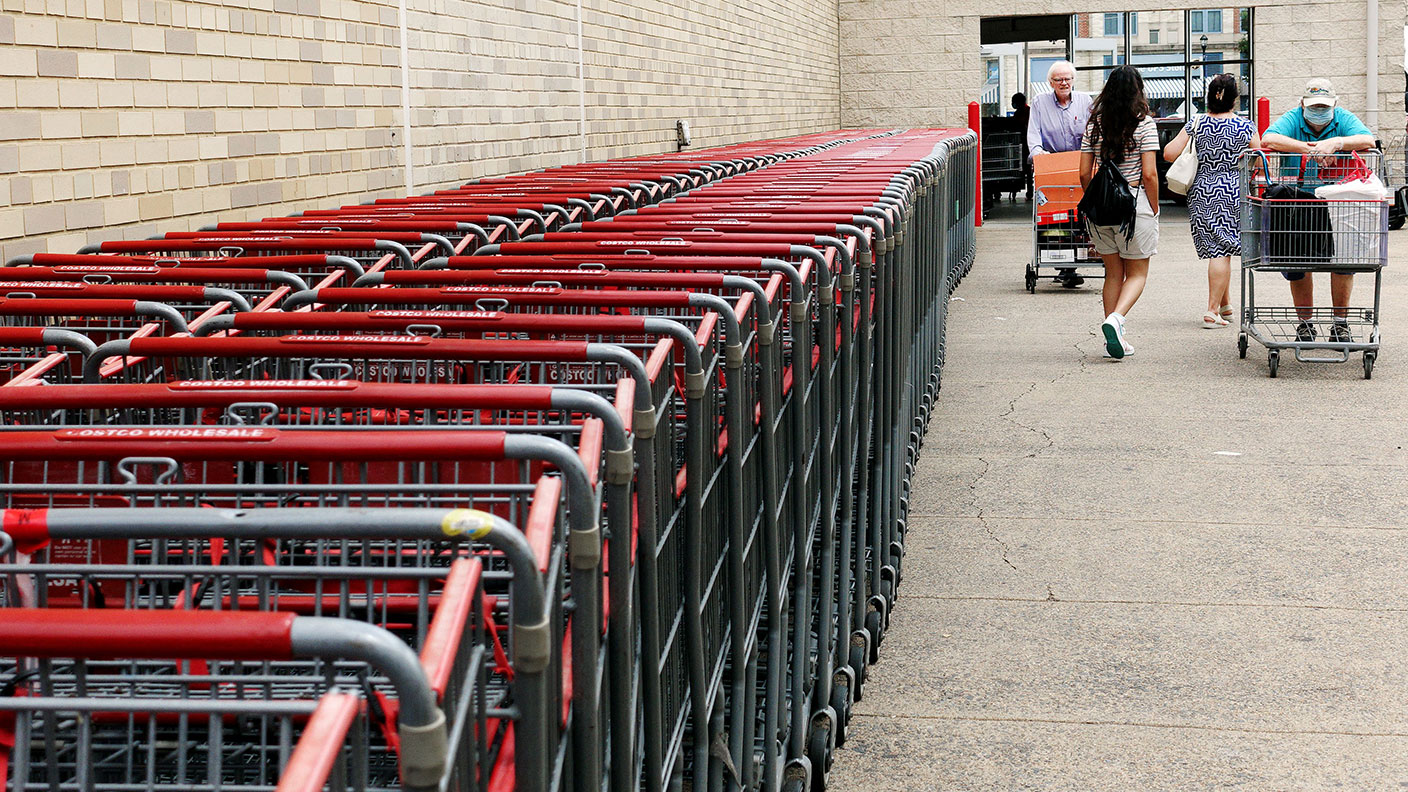 Is the US in recession and does it matter?
Is the US in recession and does it matter?Analysis There's a heated debate over whether the US is in recession or not. But why does it matter? John Stepek explains
-
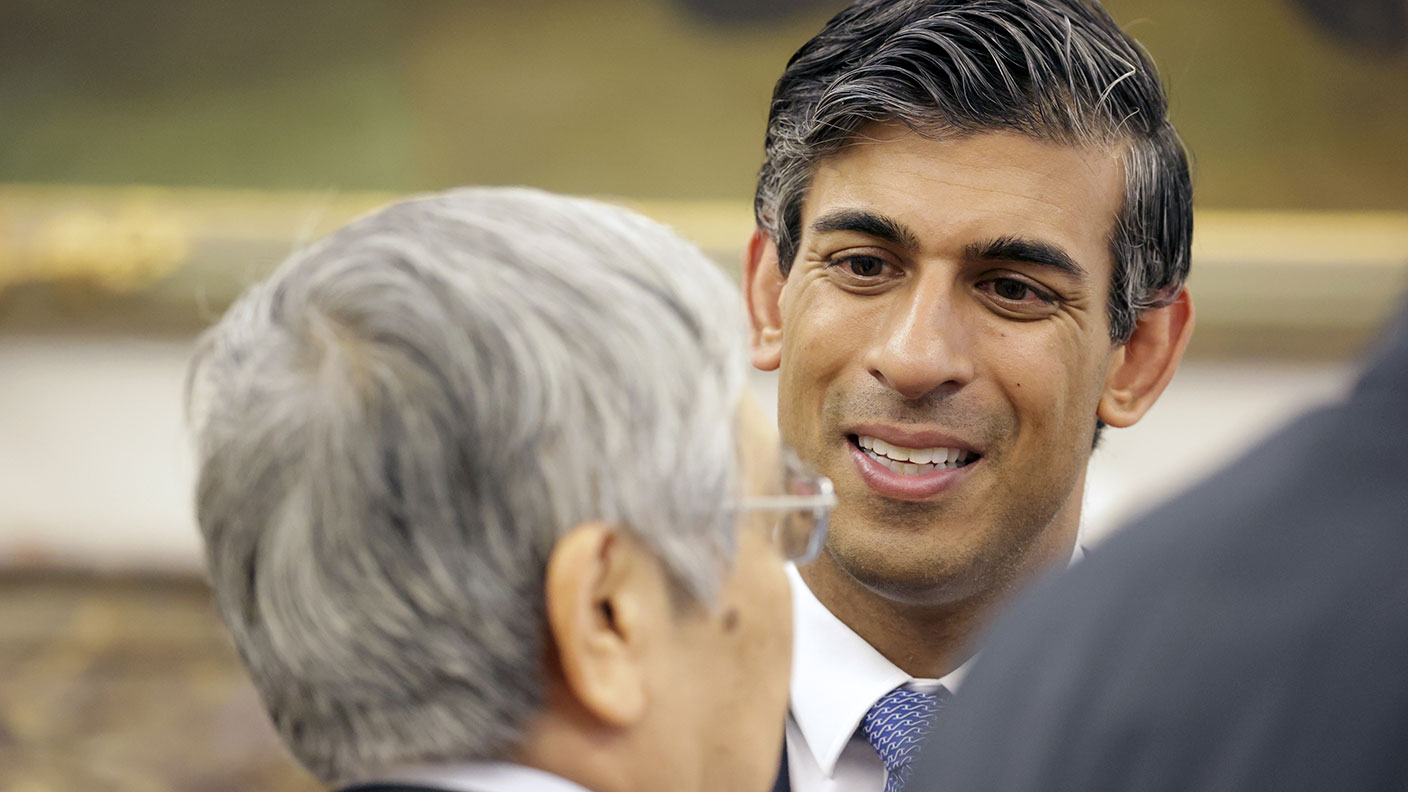 Has the chancellor done enough to save the UK from recession?
Has the chancellor done enough to save the UK from recession?Analysis UK Chancellor Rishi Sunak announced a new package last week to ease the cost of living crisis. John Stepek explains whether the risk of a UK recession still remains.
-
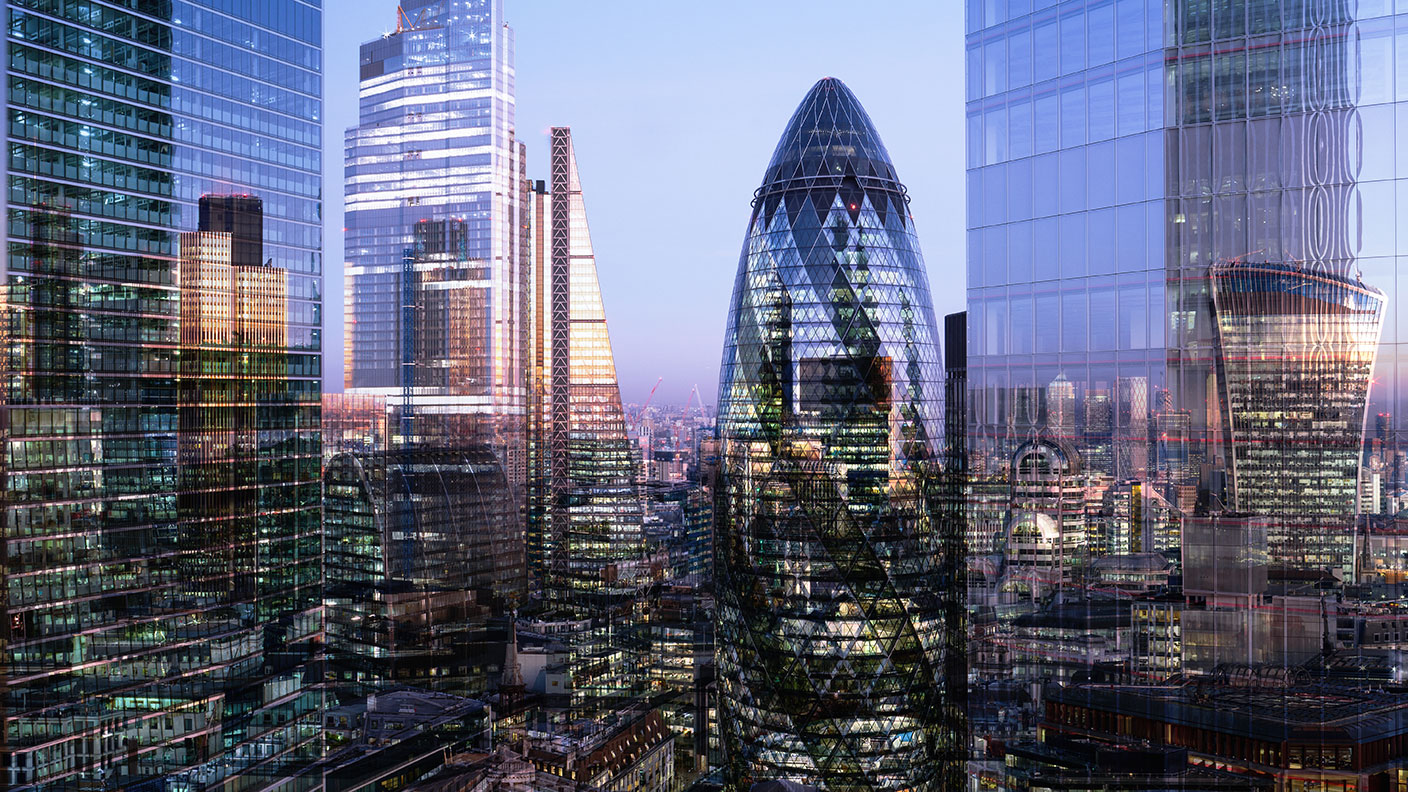 Is the UK too open to overseas takeovers?
Is the UK too open to overseas takeovers?Analysis Data shows that the UK is more open to overseas takeovers than other major markets. John Stepek asks: should investors care?
-
 How to manage your money as inflation just keeps rising
How to manage your money as inflation just keeps risingAnalysis Uk inflation is at a 30-year high – and it won't be falling any time soon. So what can you do? John Stepek explains how to manage your money to combat rising prices.
-
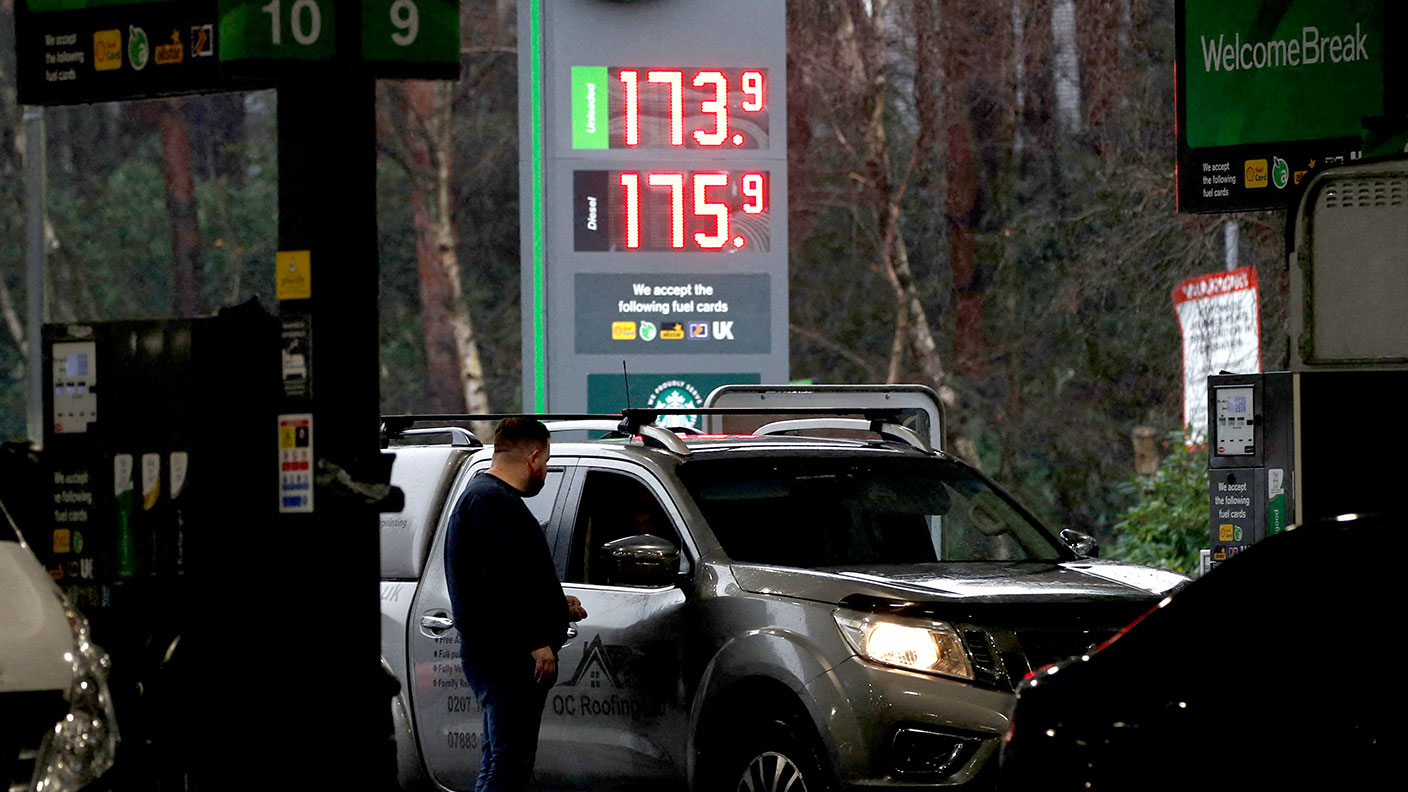 Inflation is going to stay even higher for even longer
Inflation is going to stay even higher for even longerAnalysis Commodity prices – everything from energy to food – are going through the roof. And that’s not likely to end any time soon, says John Stepek. Here's what that means for how you invest.
-
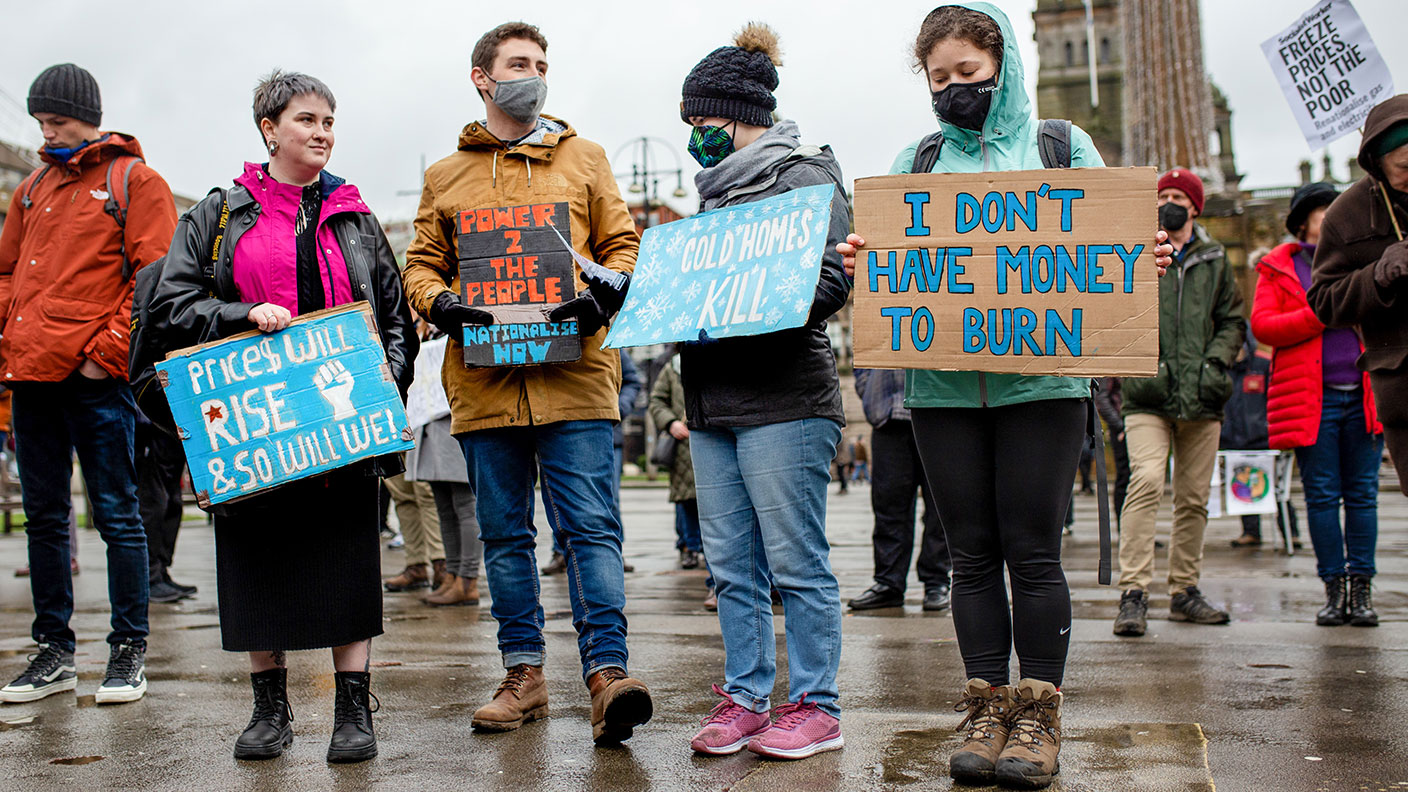 Inflation is incredibly inconvenient, as we’re all about to learn
Inflation is incredibly inconvenient, as we’re all about to learnAnalysis Inflation doesn't just eat into your wealth, it eats into your time – and can be devastating for those on the lowest incomes. And it's not going away any time soon, says John Stepek. Here's how to invest.
-
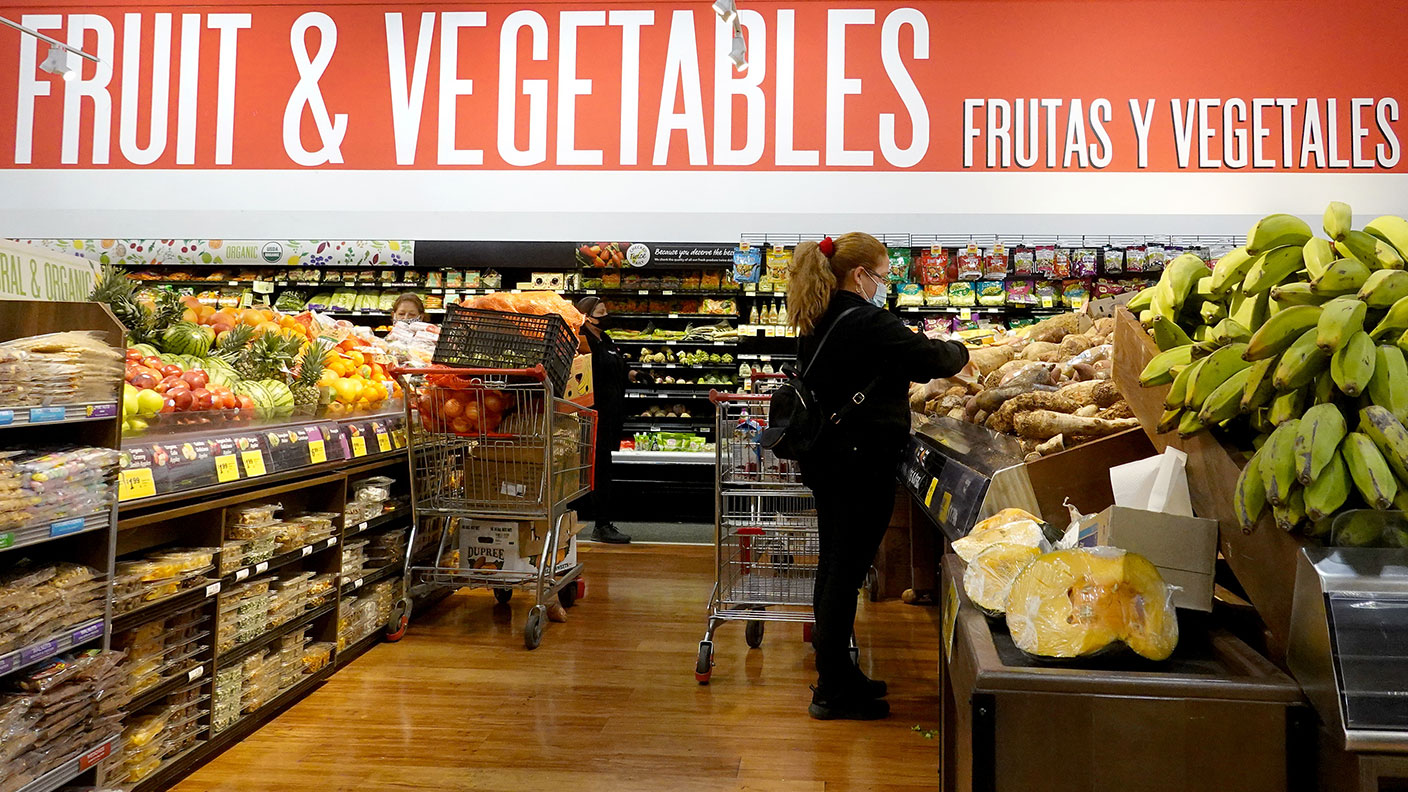 The cost of living crisis is global – US inflation just hit another 40-year high
The cost of living crisis is global – US inflation just hit another 40-year highAnalysis With US inflation running at 7.5%, it’s clear that the cost of living crisis is not confined to the UK. John Stepek looks at the likely reaction from governments and central banks, and what it means for you.
-
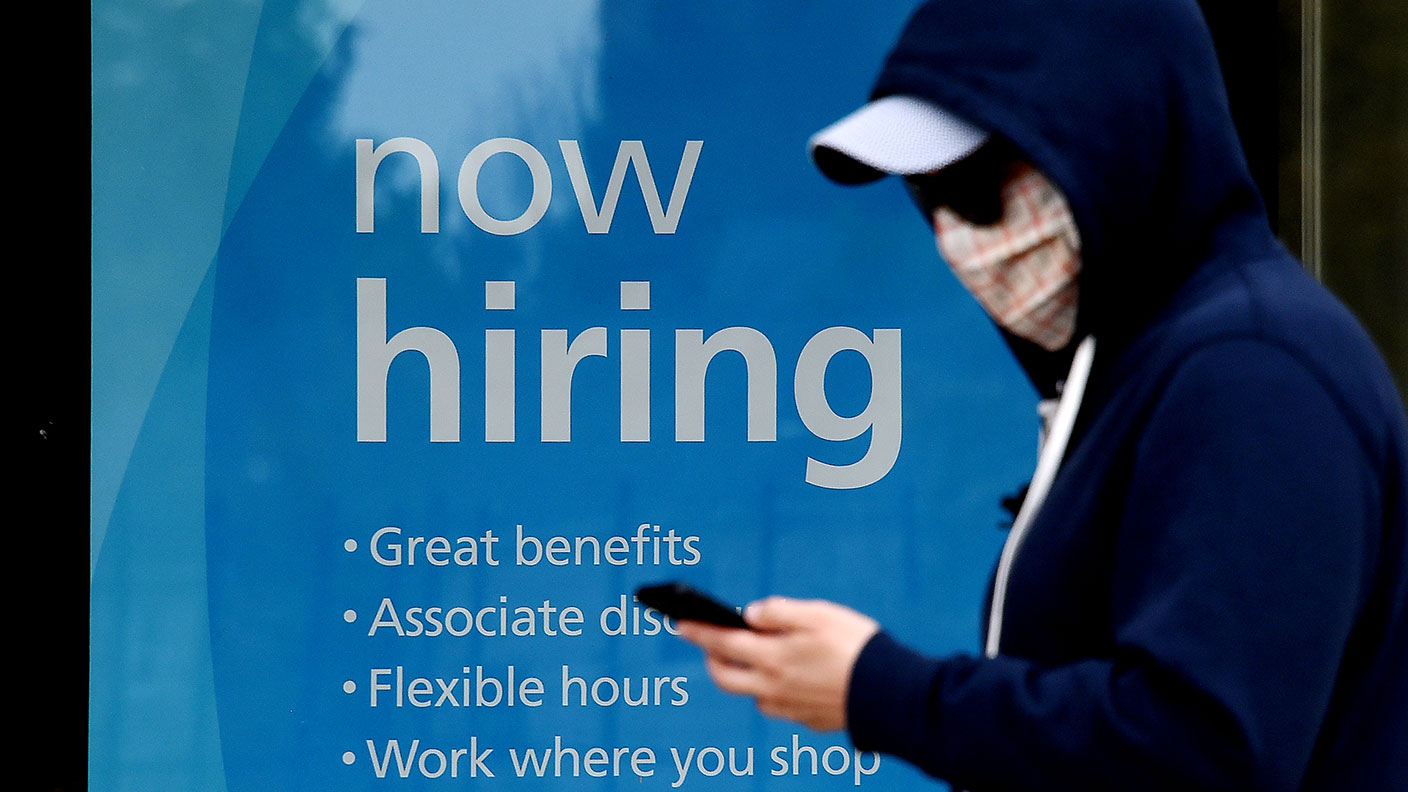 The strong US jobs report is good news for the economy, but not so much for markets
The strong US jobs report is good news for the economy, but not so much for marketsAnalysis January's US jobs report came in much stronger than anyone was expecting, with 467,000 new jobs added to the economy. But things might not be quite as rosy as they seem, says John Stepek. Here's why.